Books about hearing loss written by people with hearing loss are jewels. I became a deaf author because I could not find the books I wanted to read when I was at college, dealing with my feelings about my hearing disability. The first books I found were about sign language, Deaf community and Deaf culture, and I didn’t relate to these issues. That’s why I felt so upset: I couldn’t find any book about a person like me, a young woman with progressive hearing loss who was wearing (that time) hearing aids and, later in life, got cochlear implants.
It was a great opportunity to tell my story. I had no idea that this would led me to lead the largest online community of people with hearing loss in Latin America. I’m really proud of my work as a deaf writer-author because it has helped to transform thousands of lives in Brazil and abroad. In 2022, I released a new book “Saia do Armário da Surdez” (in English, ‘get out of the deafness closet’) to help those who are still trying to hide their disability and avoiding hearing aids due to shame and misconceptions. My goal is to be published in the US.
You can find me on Instagram, as well as Youtube (this playlist has English captions), Facebook and Linkedin. The three books I wrote are sold on Amazon Kindle – two of them are also available in English and Spanish. I also write the website Hearing Loss NEWS.
PS: Portuguese is my first language. In my country, deaf people who uses sign language refer about themselves as Deaf. On the other hand, deaf people who wears hearing aids or CIs vary between two terms: deaf or person with hearing loss. It’s up to you. Personally, I prefer deaf. For me, this attempt to subcategorize people who have the same disability is ableism. There is NO “right” way to be deaf, no “right” way to refer about someone who is deaf. According to the World Health Organization, there are 1.5 billion people with some degree of hearing loss worldwide, most of them with mild to moderate hearing loss.
PS.2: My favorite book about hearing loss wrote by a deaf author is “Shout won’t help” (Katherine Bouton). I was reading this book the night before my first CI surgery. In 2002, I read “Seeing Voices” (Oliver Sacks) but the book didn’t how the huge diversity of hearing loss. “Volume control” is a great book by David Owen.
The World Health Organization estimated that by 2050 there will be a billion people with disabling hearing loss. This is a great reason to publish more books written by deaf authors in different languages – soon, millions of people will desperately seek fot it.
The NEWEST book about hearing loss in 2024
HEARING LOSS: handbook for living shame-free
“Unlock Your Strenght: let hearing loss AMPLIFY your courage, not SILENCE it”
If you are locked inside the hearing loss closet, it’s time to get out!
Discover the power within you through “Hearing Loss: The Handbook for Living Shame-Free,” a transformative journey designed to turn hearing loss into a source of strength. Crafted with the wisdom of Paula Pfeifer, a leading voice in the brazilian hearing loss community, this book is more than just words on pages—it’s a four-week odyssey towards acceptance, empowerment, and unapologetic living.
Embark on a carefully structured path with 20 steps over four weeks, each step a building block towards self-advocacy, connection, and personal growth. From understanding the nuances of hearing loss to mastering communication strategies and advocating for yourself, this program breaks down the journey into tangible, achievable actions. No matter where you stand with your hearing loss, progress is not just possible—it’s within reach.
“Hearing Loss: The Handbook for Living Shame-Free” doesn’t stop at guiding you through steps; it envelops you in stories that inspire and practical advice that makes a difference. It’s about finding your tribe, learning to stand up for yourself, and embracing your hearing loss with open arms.
Written by Paula Pfeifer—Brazil’s renowned author and leader of the largest online community for individuals with hearing loss in Latin America—this book is a clarion call to those hidden in the shadows of hearing loss. Paula’s narrative is not just her story; it’s a testament to what’s possible. From her own journey with hearing loss, beginning at six and diagnosed at sixteen, to her ventures with hearing aids, intense tinnitus, and ultimately, a successful cochlear implant, Paula embodies the spirit of resilience and community.
Paula didn’t just step out of the hearing loss closet; she demolished its doors, sharing her challenges and victories, and in the process, creating a sanctuary for thousands. Her work, now available in English and Spanish, has already transformed lives across the globe.
This book is your invitation to step into the light, to find your voice amidst the silence, and to join a community that sees hearing loss not as a limitation, but as an opportunity for growth and joy. Let “Hearing Loss: The Handbook for Living Shame-Free” be your guide to living a life defined not by your hearing loss, but by your boundless courage and potential.
ABOUT THE AUTHOR: Paula Pfeifer
Paula Pfeifer’s journey through the world of hearing loss is one of unparalleled courage and contribution. Starting from her early challenges to becoming a pivotal figure in the hearing loss community, Paula’s life is a narrative of overcoming and transformation. As a former member of the World Hearing Forum of the WHO, a social scientist, content strategist, and speaker, Paula continues to inspire from her home in Rio de Janeiro, Brazil. Her marriage to Dr. Luciano Moreira, a renowned ENT surgeon, and her successful books are a testament to a life lived fully, echoing her belief that hearing loss is but a part of one’s larger story.
The chronicles of Hearing Loss – by Paula Pfeifer
“The Chronicles of Hearing Loss” is an honest and inspiring account of Paula Pfeifer’s personal journey through every level of hearing loss, from mild to profound, and how she learned to embrace her differences and overcome the challenges of living with hearing loss. As a former hearing aid user and founder of a thriving online community for people with hearing loss, Paula brings a unique perspective to this often-misunderstood condition.
In this book, Paula shares her struggles with acceptance and self-esteem, her triumphs over communication barriers, and her journey to finding the right hearing aids and support systems to help her live life to the fullest. With candid and relatable anecdotes, Paula highlights the emotional and physical toll that hearing loss can take on individuals and their loved ones, while also providing practical advice and resources for navigating this complex condition.
Whether you’re a person with hearing loss or someone looking to understand and support a loved one with this condition, “The Chronicles of Hearing Loss” is an essential read. Paula’s personal story is a testament to the resilience and strength of the human spirit, and her message of hope and empowerment is sure to resonate with readers of all backgrounds.
New chronicles of Hearing Loss – by Paula Pfeifer
After discussing her experiences with hearing aids on “The Chronicles of Hearing Loss”, Paula Pfeifer is back to tell us about a definitive step on her journey: her first cochlear implant. The “bionic ear” is recommended in various cases of severe or profound hearing loss, and it’s the only surgery that can artificially recover one of the five senses, and it opens a range of new possibilities for people with hearing loss.
This book tells the story of a woman who started losing her hearing in childhood and went through every degree of hearing loss. Fighting against shame and ableism, Paula Pfeifer became the most renowned hearing loss activist in Brazil.
The Hearing Loss Diary – by Paula Pfeifer
Paula Pfeifer is a Brazilian deaf writer. She is profoundly deaf in both ears, and she started losing her hearing at 6 years old. It was early 1980’s, when people had no information about tinnitus and symptoms of hearing loss. At 16, she received a correct diagnosis: bilateral severe and progressive hearing loss. In 2010, she decided to create the website “Crônicas da Surdez” (in English, the chronicles of deafness or hearing loss) to share her experiences as a hearing aids user. In 2013, her first book was released and got a lot of media attention (Vogue magazine, Marie Claire magazine, Claudia magazine, O Globo, Zero Hora, Estadão, TV shows, etc). In the same year, Paula did her first cochlear implant surgery, and then her life suddenly changed. She was now able to hear all the sounds again, including music and her own voice. In the same day of her bionic ear activation, she met Dr. Luciano Moreira, a brazilian ENT surgeon and one year later, they got married and Paula moved to Rio de Janeiro. They raise awareness about non-treated hearing loss together since then. In 2015, Paula released her second book. In 2017, she did her TEDx Talks (below). Between 2018-2020, she was awarded by Facebook as LATAM Resident at Facebook Community Leadership Program and had access to a fund up to 1 million dollars to create and execute the project “I am deaf but I can hear“. In 2021, Paula became a member of World Hearing Forum (World Health Organization).
Paula Pfeifer is a Social Scientist, content strategist, speaker and consultant. She is also a accessibility and disability advocate and activist. She lives in Rio de Janeiro and has a son, Lucas.
ANY QUESTIONS?
Paula Pfeifer is a brazilian writer. Two of her books about hearing loss, hearing aids and cochlear implants can be found in english and spanish in Kindle.
Support Paula Pfeifer’s work. She is a hearing rehabilitation activist in Brazil and she is deaf herself – two cochlear implants. You can support here!
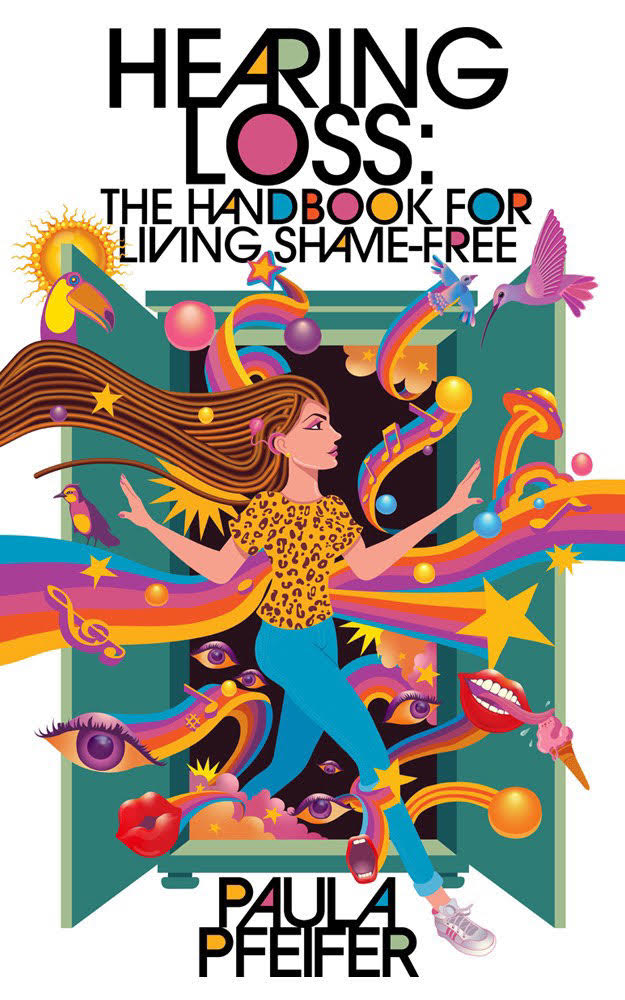
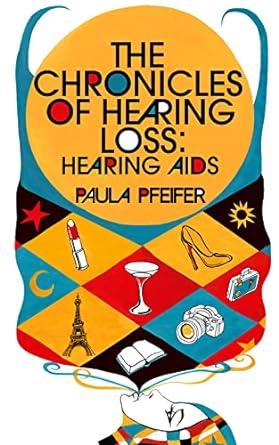
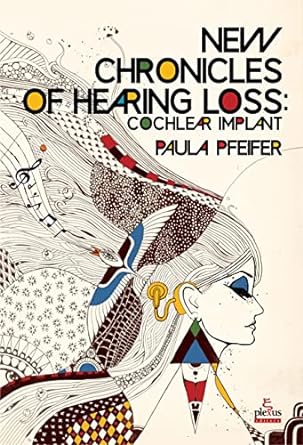
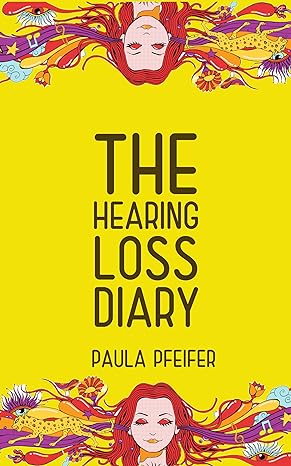
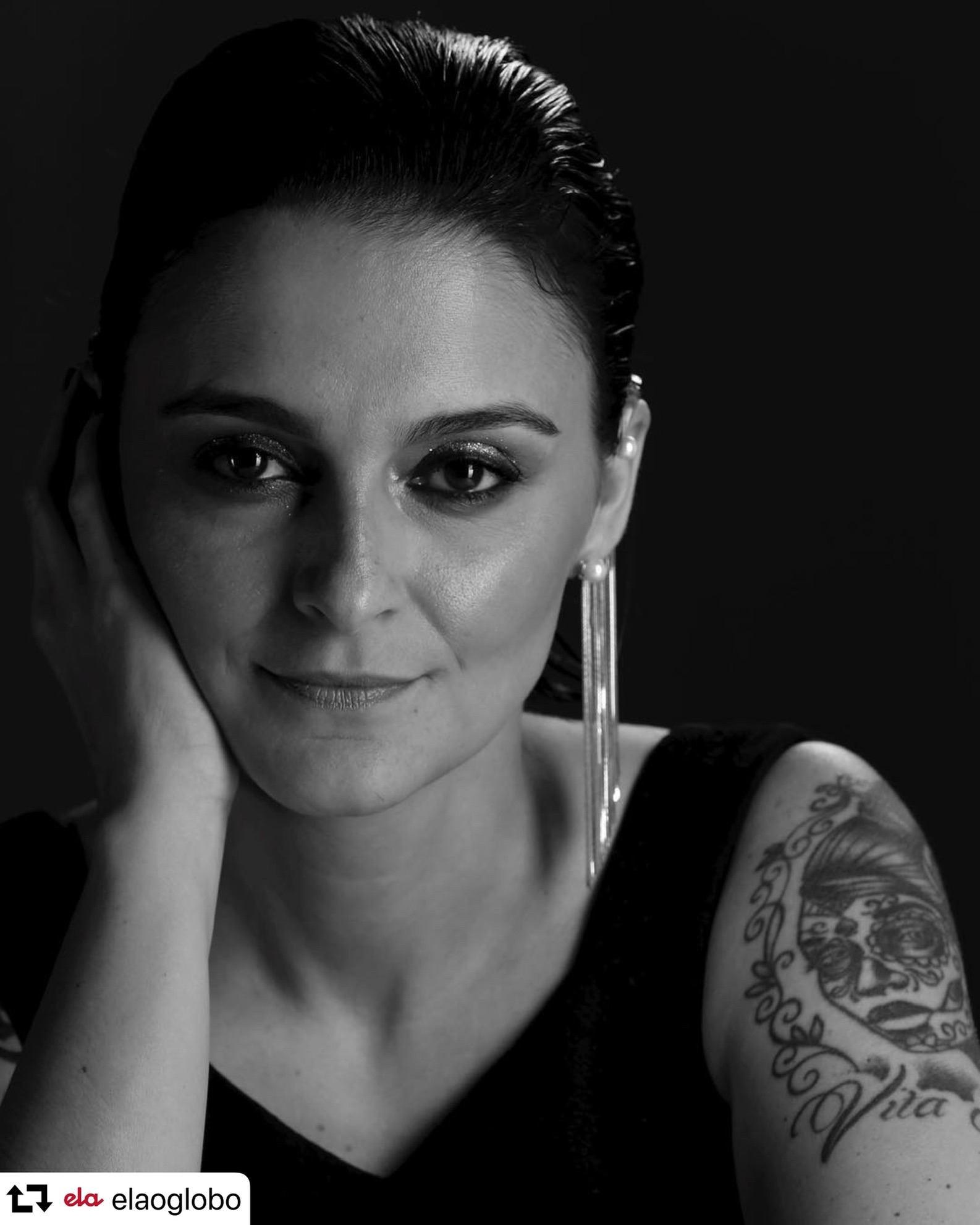
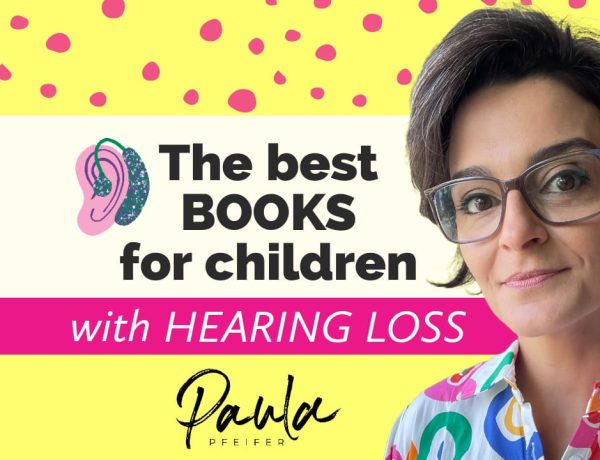
No Comments